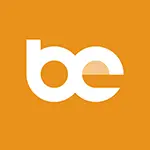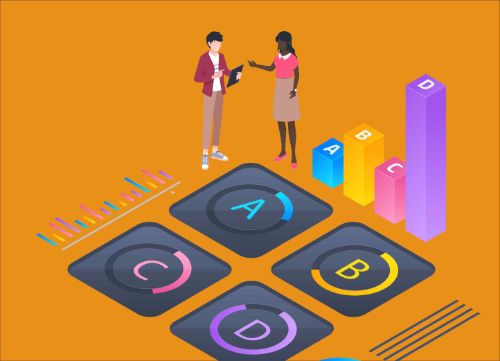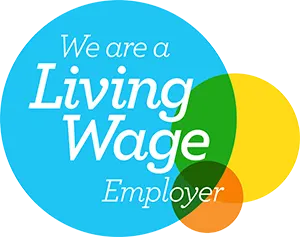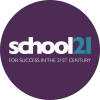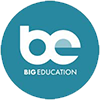Being a school who does things differently is challenging! Those of us who work in schools like this know that it’s rewarding but hard work, and as leaders we feel more vulnerable to outside judgement: the high stakes accountability within our system makes it feel very unsafe to innovate and do things a little differently. This means that schools who are doing things on their own quietly get on with it, avoiding drawing attention to their work.
A few schools have very intentionally created awareness of their innovative approaches, like our own Big Education’s School 21, or the XP group of schools. This is great in terms of raising awareness of different approaches, but it is a problem that these schools always get referred to and referenced. It is a problem both because it puts a huge pressure on those schools, but more importantly, it makes it seem that these approaches are out of the reach of most schools, not least because both School 21 and XP were start-up free schools.
The ideas can be written off as people think these schools have privileges or opportunities not available to them – the change seems out of reach. Those of us working in these schools know that isn’t true, but it is our rarity that makes our practices seem somehow unattainable. And we know that there are others out there who also do things differently and are achieving great things, but haven’t yet found their voice.
The latest Big Education project sets out to tackle this problem. Thanks to the incredible ongoing support from Salesforce, a key partner organisation for us, we are working with a group of ten schools from across the UK who are innovating in the system and want to provide a more holistic education for pupils and a better working experience for staff. We are calling this project the Next Big 10. We want these schools to have a greater voice in the system, to act as exemplars for innovative practice and a Head, Heart, Hand approach to education.
How does the project work?
Next Big 10 is not your standard professional development programme. As detailed in the figure below, it doesn’t have a set of material, it isn’t pre-planned, and its success will not be measured by improved exam results. It covers all areas of education: leadership, curriculum, pedagogy and assessment, looking collectively for different ways of conceptualising and implementing these core areas.
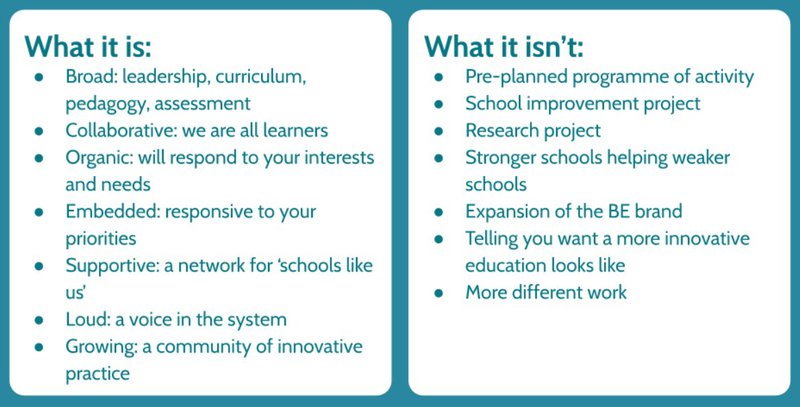
The schools want to learn from each other: we all have ‘signature practices’ which we share as we visit each other’s schools. The school team is a ‘vertical slice’ across the school: everyone sends the headteacher, and there is an accompanying Change Team which represents a variety of stakeholders in the school: leaders, teachers, teaching assistants, and others. Change Team members are selected because of their appetite for innovation and capacity to inspire, instead of for their leadership influence. We make extensive use of ‘data’ in its broadest sense, working with ImpactEd to collect and benchmark information on teachers’ views and to measure areas of pupil learning which aren’t tested in exams, such as wellbeing and metacognition.
Our ultimate goal is to make learning from the Next Big 10 group of schools available to other schools who might want to join us on our journey: filming video case studies, creating playbooks or resource packs, designing professional development opportunities, writing blogs, articles or book chapters. We will be publishing these on our website and sharing them via social media over the coming months, creating an appetite for change and a means to achieve this change, within the constraints of budgets, staffing, and Ofsted and accountability restrictions.
Join us
We want Next Big 10 to become Next Big 20, Next Big 100, and beyond and already have plans to expand the network from September 2023. If you want to know more, contact me to explore possibilities and find out more about the project: everyone is welcome, the bigger we are, the more powerful we are as a voice for change in the system.
